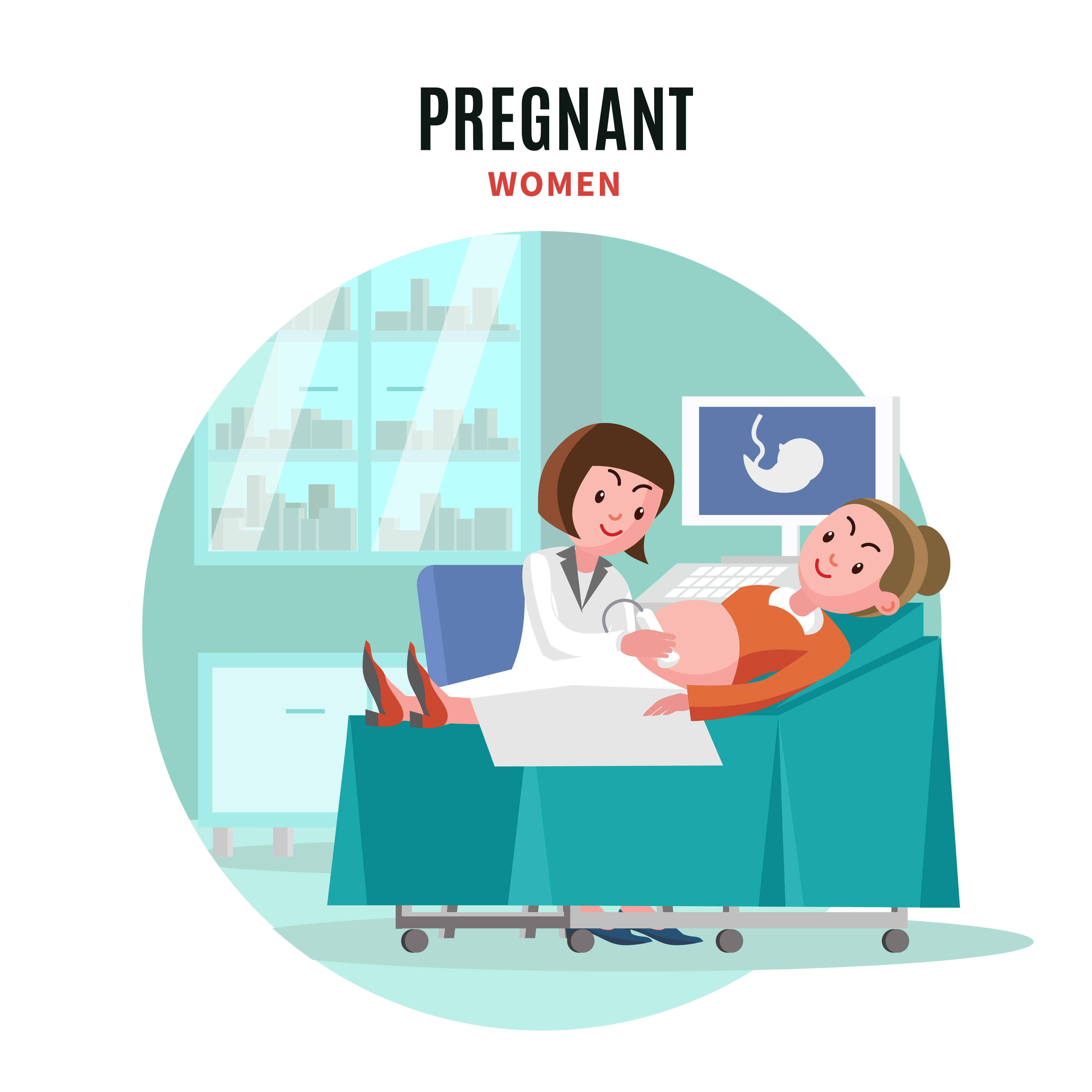
The Role of Hormones in Postpartum Care and Monitoring After Gestational Diabetes
Introduction: After giving birth, women who had gestational diabetes need continued care and monitoring to ensure their health and well-being. Hormones play a crucial role in postpartum care after gestational diabetes. In this blog, we’ll explore the influence of hormones on postpartum care and monitoring after gestational diabetes.
Understanding Gestational Diabetes and Hormonal Imbalances: Gestational diabetes occurs when hormonal changes during pregnancy lead to insulin resistance, causing elevated blood sugar levels. Hormones like estrogen, progesterone, and human placental lactogen (HPL) can impact insulin sensitivity, making it challenging for the body to regulate blood sugar effectively.
Postpartum Care and Monitoring After Gestational Diabetes:
- Blood Sugar Testing: Women who had gestational diabetes should continue to monitor their blood sugar levels after giving birth, as they are at increased risk of developing type 2 diabetes.
- Follow-Up Appointments: Regular follow-up appointments with healthcare providers are essential to assess blood sugar levels, monitor overall health, and provide guidance on lifestyle modifications.
online pharmacy buy amoxicillin no insurance with best prices today in the USA
- Breastfeeding Support: Breastfeeding can help lower blood sugar levels in women with gestational diabetes. Lactation consultants and support groups can offer assistance and guidance with breastfeeding.
- Mental Health Support: Postpartum depression and anxiety are common concerns for women after giving birth. Seeking support from therapists or counselors can help women cope with emotional challenges.
- Contraception Counseling: Women with a history of gestational diabetes should discuss contraception options with healthcare providers to plan future pregnancies and minimize the risk of complications.
Understanding Imbalances: Hormonal imbalances during the postpartum period can affect blood sugar levels and overall health in women who had gestational diabetes. By understanding these imbalances and accessing appropriate care and support, women can navigate the postpartum period successfully.
Conclusion: Postpartum care and monitoring are crucial for women who had gestational diabetes to maintain their health and well-being after giving birth. Hormones play a significant role in how gestational diabetes is managed during the postpartum period.
By staying vigilant with blood sugar monitoring, attending follow-up appointments, and accessing support, women can minimize the risk of complications and promote their long-term health.
To seek medical advice, always consult a Doctor. Here are our recommended experts.
To read more on Gestational diabetes. Click Here


